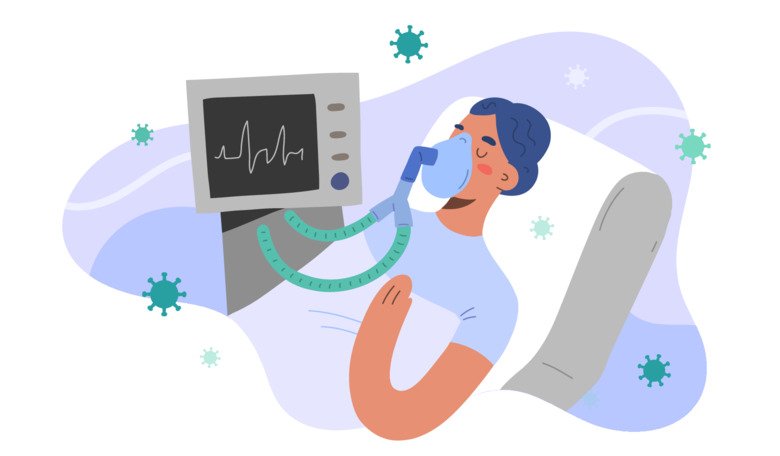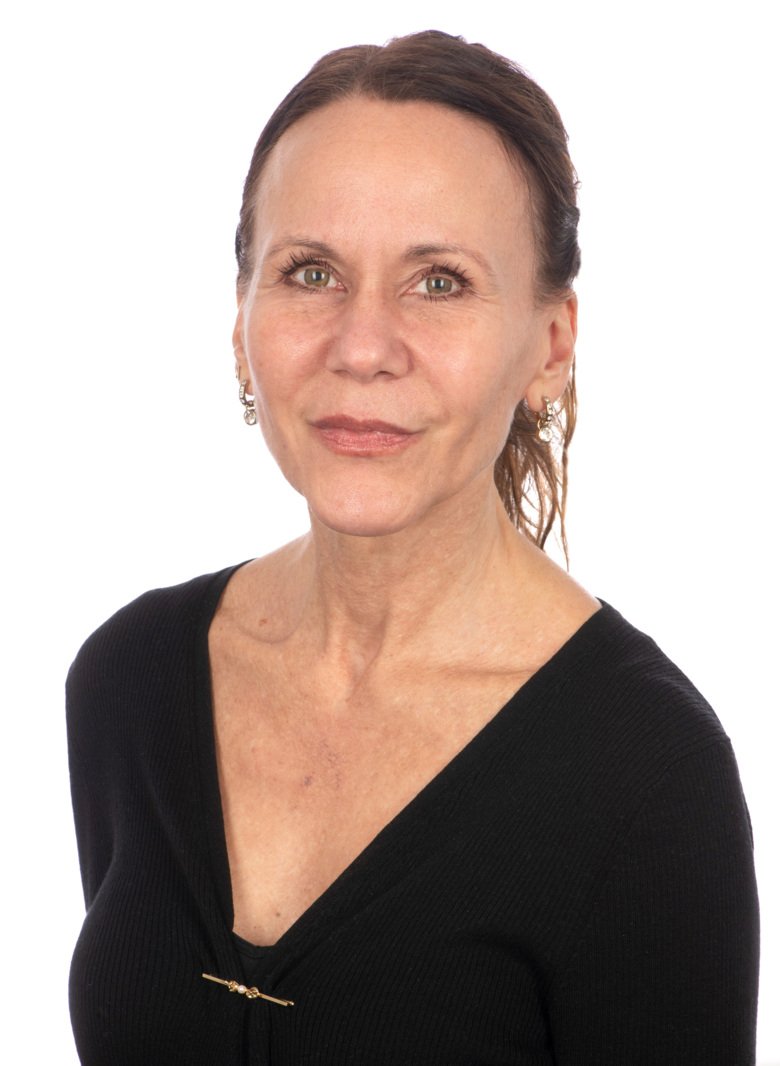New knowledge about the path to recovery after intensive care

Critical illness and intensive care can affect patients and their families long after discharge from hospital. In her doctoral thesis at Karolinska Institutet, intensive care nurse Gisela Vogel has studied different strategies used to manage critical illness and care in an intensive care unit, from when the patient becomes critically ill until the return to everyday life.

What conclusions have you drawn?
“Critical illness and intensive care give rise to traumatic experiences and feelings of vulnerability in both patients and their families. For instance, many patients have delusional and unpleasant memories from their time in intensive care. While the patients’ health-related quality of life improves with time, the study shows that it remains impacted one year after discharge from intensive care," says Gisela Vogel at the Department of Clinical Science and Education, Södersjukhuset, Karolinska Institutet.
“In order for patients to regain a sense of wellbeing and control, they need to sustain a sense of hope, to have access to social support, to find explanations for memories, disease and events and to maintain, as much as possible, their autonomy. Trust in others, a sense of humour and relaxing activities promote recovery.”
Why did you choose to study this particular issue?
“In my 20 years as an intensive care nurse, I’ve met a large number of patients and family members who have been hard hit by critical illness. When I began my thesis I recognised that more needed to be known about how both groups manage the situation, from onset of disease to recovery at home.
“In two of my studies, I chose to use theory-building research methods to explain such behavioural patterns in patients and their relatives. Since the presence of delusional and unpleasant memories in intensive care patients seemed to increase in connection with the pandemic, I also decided to run a separate study to specifically examine how patients with COVID-19 handled such situations.”
How can your results be put to practical use?
“Greater awareness of how patients and their families manage critical illness can foster their recovery. The results of my thesis can be used in intensive and emergency care, and can also help to promote constructive behaviour in patients and their relatives that is then followed up by primary carers. I also hope that the results can make it easier to identify patients without a family who might need extra support during and after their time in intensive care.”
What’s next for you?
“The plan is to continue working clinically as an intensive care nurse to a certain extent, but it’s mainly to carry on my research on intensive care patients and their family members. I’d love to contribute to our knowledge of the behavioural patterns and needs of minors with a parent who falls critically ill, for example. I’m also planning to take part in first and second-cycle university education, where I believe that my research can be instructive to students.”
Gisela Vogel defended her thesis on 3 December.
Doctoral Thesis
“Treated in an intensive care unit – how patients and their families experience and manage their situation”, Gisela Vogel, Karolinska Institutet 2021, ISBN 978-91-8016-397-2.
